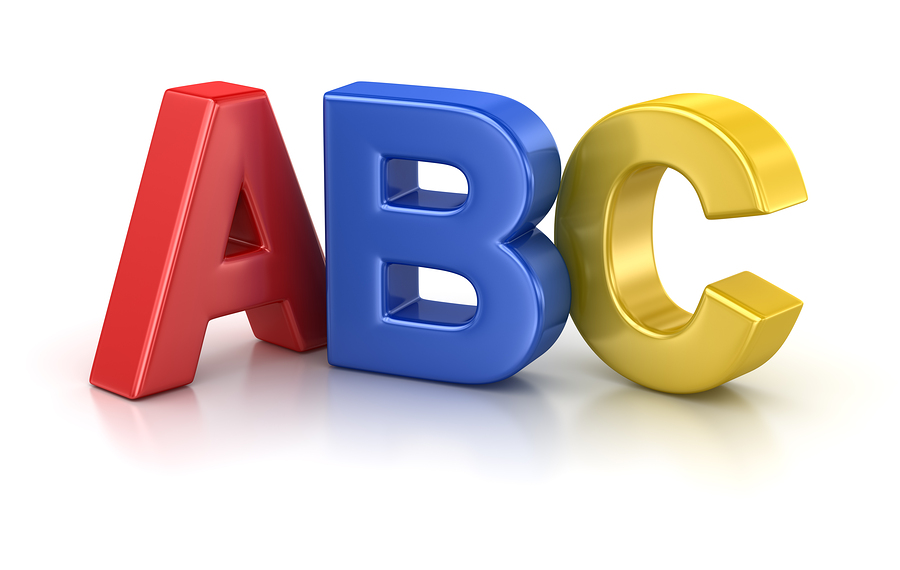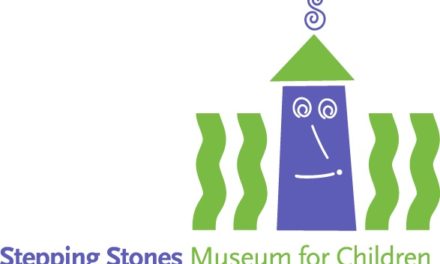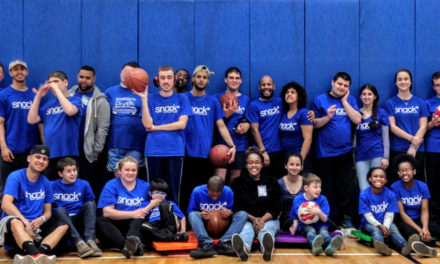One thing I quickly realized once I began taking Dubbers to his initial Dr. appointments is how many new words, phrases and acronyms there were associated with special needs or even when dealing with a “delay”. I thought it may be helpful to list some of the initial and most common terms that you may hear or come across.
Applied Behavior Analysis (ABA) – the process of systematically applying interventions based upon the principles of learning theory to improve socially significant behaviors to a meaningful degree, and to demonstrate that the interventions employed are responsible for the improvement in behavior.
Augmentative and Alternative Communication (AAC) – an umbrella term that encompasses the communication methods used to supplement or replace speech or writing for those with impairments in the production or comprehension of spoken or written language.
Autism Spectrum Disorder (ASD) – a developmental disability characterized by difficulties in social interaction and communication and by restricted or repetitive patterns of thought and behavior.
Board Certified Behavior Analyst (BCBA) – individual who is trained to provide and supervise behavior analysis.
Central-Based Support Team (CBST) – office at the Central Department of Education that helps place children in private special education schools.
Committees on Preschool Special Education (CPSE) – coordinate and carry out the special education process for preschool children ages three to five. CPSEs serve families in the district where a family resides.
Committees on Special Education (CSE) – coordinate and carry out the special education process for students who are not enrolled in NYCDOE district schools. CSEs serve families in the district where a child’s school is located.
Developmental Delay – the condition of a child being less developed mentally or physically than is normal for its age.
Developmental Pediatrician – Medical Doctors who possess training and experience to consider, in their assessments and treatments, the medical and psychosocial aspects of children’s and adolescents’ developmental and behavioral problems.
Early Intervention (EI) – a system of coordinated services that promotes the child’s age-appropriate growth and development and supports families during the critical early years.
- Individual Family Service Plan (IFSP) – a plan for special services for young children with developmental delays. An IFSP only applies to children from birth to three years of age.
- Mandate – your child will be given these as it relates to the therapy(ies) he/she is proposed to receive based on their evaluation, delay, diagnosis, etc. For example, while in EI Dubbers had a speech mandate of 4 x 60, which means he was to receive speech therapy for 60 minutes, four times a week. *Please know that if you feel the mandate initially given is too low, you can contest a higher one with the help of an existing therapist and your Service Coordinator.
- NYC EI – The Early Intervention Program supports families with children ages birth to three who have disabilities or developmental delays. After a child is evaluated and found eligible for the Program, a team of professionals works with the family to create a service plan that meets their needs. The program is at no cost to families and is available to all New York families regardless of race, ethnicity, income or immigration status.
- Service Coordinator – A point-person provided to help manage the EI process. This person is responsible for the paperwork and maintaining the IFSP, finding therapists to conduct the evaluations (Speech, PT, OT, SI) and then the therapists to fulfill the mandate(s), and an overall resource to help answer questions or find solutions to issues that may arise.
Individualized Education Plan (IEP) – is a plan or program developed to ensure that a child who has a disability identified under the law and is attending an elementary or secondary educational institution receives specialized instruction and related services.
Individuals with Disabilities Education Act (IDEA) – is a law ensuring services to children with disabilities throughout the nation. IDEA governs how states and public agencies provide early intervention, special education and related services to more than 6.5 million eligible infants, toddlers, children and youth with disabilities.
Occupational Therapy (OT) – therapy designed to help children (and adults) acquire the skills needed to perform the activities of daily life. OT usually focuses on fine motor skills – small movements, such as picking up small objects and holding a spoon, that use the small muscles of the fingers, toes, wrists, lips, and tongue.
Physical Therapy (PT) – therapy which focuses on gross motor skills, are the bigger movements, such as rolling over and sitting, that use the large muscles in the arms, legs, torso, and feet.
Special Education Itinerant Teacher (SEIT) – special education teacher who work with special needs children to help integrate them into mainstream classrooms and reach their individual goals.
Special Instruction (SI) – therapy usually provided by a teacher/special educator that works on cognitive, social/emotional, and adaptive delays. SI can be one-t0-one or be fulfilled at a center-based program. ABA (see below) falls under the umbrella of SI.






We love you Big Man.